
By Erin Edge on September 1, 2022 — Fact checked by Maria Gifford
All skin is beautiful, irrespective of its age, color, texture, or type.
How many of us have felt overawed or intimidated by an Instagram filter? Yes, me too.
While Artificial Intelligence-assisted filters have escalated body dysmorphia to unprecedented levels, the compulsion to maintain “flawless” skin — not to mention the mainstream narrative on what “healthy” skin looks like — is nothing new.
What has evolved? The seemingly infinite alternatives available to reach your skincare goals.
The Overwhelming World of Skincare Ingredients
Bakuchiol, squalane, niacinamide, ceramides, retinoids, vitamin C, hyaluronic acid, collagen, ferulic acid… the list is endless.
Countless “skinfluencers” and celebrities inundate social feeds with their preferred routines, products, and beauty secrets. Poreless, glass-like, dewy, blemish-free skin can be yours too! Just click “add to cart,” and your skincare dreams can become reality.
But let’s be honest. I’m not immune to this allure.
Skincare is one of my favorite forms of self-care. I love to explore the latest ingredients, devices, and procedures.
This became particularly true after the birth of my daughter, when a mix of postpartum hormonal changes, new parent stress, and sleep deprivation effectively obliterated my pregnancy glow.
But more often than not, when I resurface from these rabbit holes, I feel bewildered, and honestly, a little down about myself.
What do all these ingredients do? Will they work for my skin type? Do I really need all of this stuff? Is this obsession with aesthetics beneficial for my mental health?
If you can relate, Healthline Skin Care is for you.
A Simplified Approach to Skincare
If you find yourself overwhelmed by the jargon and options in skincare, you’re not alone. Healthline’s latest research found that more than 65% of people were clueless about what to look for in a product or what certain ingredients actually did.
We’re here to help demystify that confusion. We’ve teamed up with dermatologists to sift through the hype around trendy products and beauty buzzwords to help you figure out which products are worth the investment and which aren’t.
Also, is more always better? Not necessarily. We’re simplifying the conversation with a pared-down routine with just three products.
We’ve also created a fun interactive guide so you can compare and find the skincare essentials that are right for you.
Understanding your skin type is the foundation of any skincare routine. Our “What’s Your Skin Type?” quiz can be a starting point to help you determine what your unique skin needs — and what it doesn’t.
Whether you’re looking for ways to support your skin as you get older, manage a chronic skin condition, or just want to dive deeper into what skincare ingredients do, we’ve got you covered with dermatologist-approved tips and advice.
The Wide Gap in Representation
Despite the massive expansion of the skincare market over the last few years, many people feel overlooked by the industry.
According to a survey conducted by LeCerre Skincare, out of 2,000 Women of Color surveyed, 63% said they feel ignored by the skincare industry and that there aren’t enough effective products for them.
Healthline’s own research underscores the need for more diverse representation of information and product offerings specifically for Black consumers. In one survey, more than half (58%) of respondents said that they’re interested in learning more about skincare products and treatments made for them.
Finding experts who understand your skin concerns can be equally challenging.
Dermatology is the second-least diverse specialty in medicine. Currently, most dermatologists are concentrated in dense urban areas, leaving large sections of the population without access to expert care.
We sat down with Dr. Adeline Kikam of @brownskinderm about how she’s increasing awareness and access to practitioners and products for folks with darker skin tones — people often left out of the conversation.
What’s more, the proliferation of digital tech like filters and face-altering apps has taken unrealistic expectations of what “good skin” looks like to a whole new level.
In one 2021 survey conducted as part of Dove’s Self Esteem Project campaign, 80% of women said they’d used an app to change their appearance in photos by the time they were 13 years old.
Nearly 40% of women said that they’re upset that they can’t look the same way in real life as they do in altered photos online.
It’s a perfect storm: You have an endless scroll of images of “idealized” skin combined with an abundance of products. At the same time, there’s a severe lack of representation in the industry along with limited access to care. On top of that, there’s little clarity on what products can and can’t do.
Loving the Skin You’re In
Like all things in health, there’s no one-size-fits-all solution. Healthy skin has no age limit and comes in all different tones, textures, and types.
It can have visible pores, wrinkles, and blemishes. It doesn’t look any one way, no matter what those filters or any amount of advertising might have you think.
The skincare landscape can be daunting, confusing, and at times, problematic. We may not be able to change the industry, but maybe we can help change your perspective, even just a little bit.
Our experts are here to offer practical guidance and evidence-backed advice that transcends the latest social media hype and pop culture trends.
If nothing else, we hope Healthline Skin Care can be a bridge to better understanding your personal skin needs — a place where you feel seen, find clarity, and have access to expert-backed solutions that work for you.
Here’s to nurturing the skin you’re in.
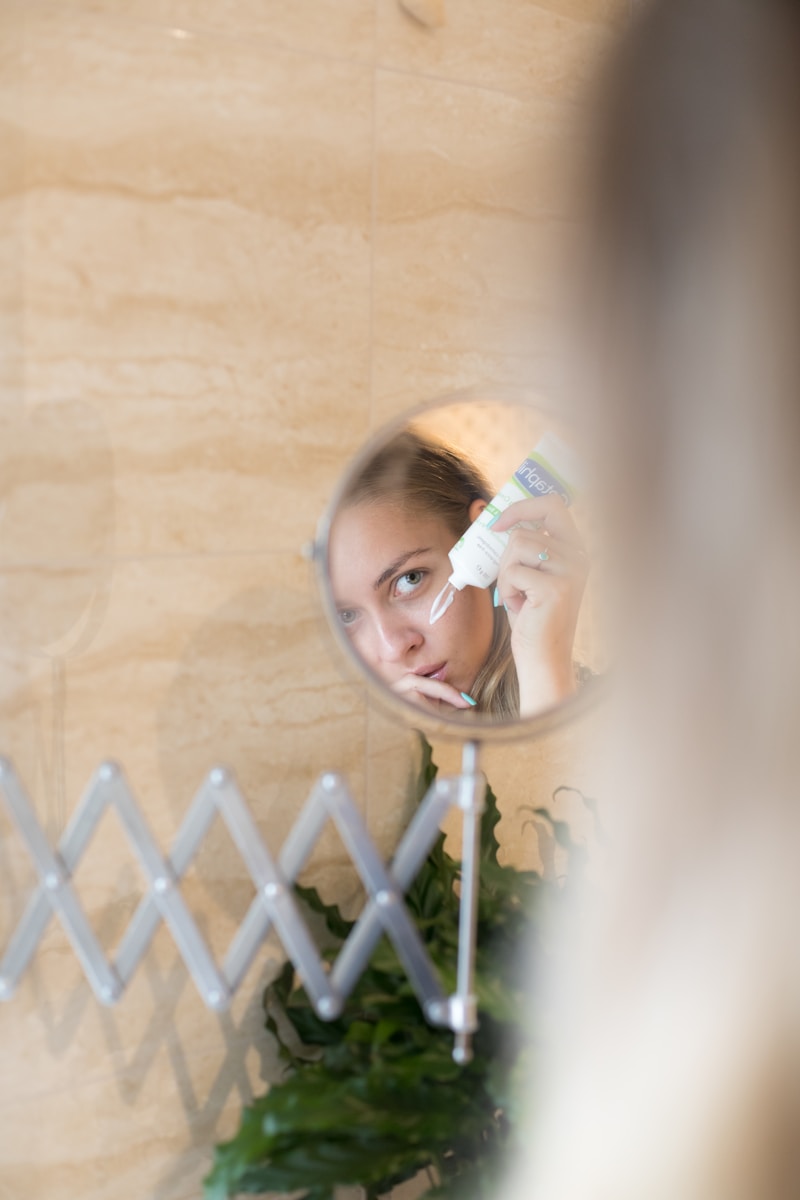
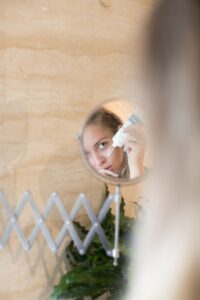




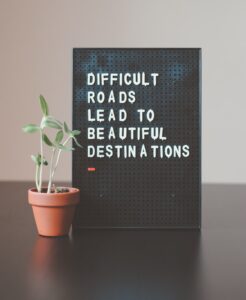

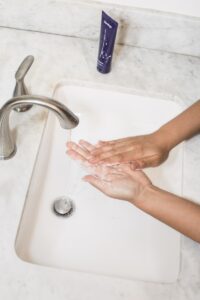

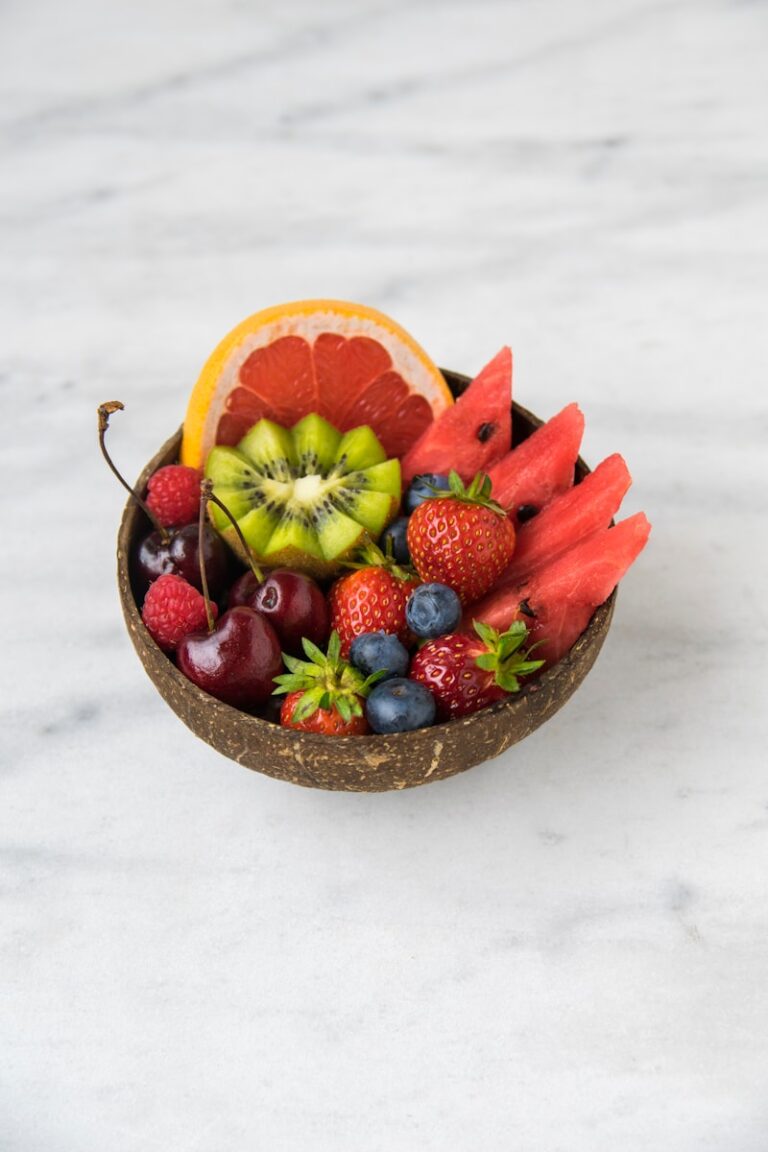
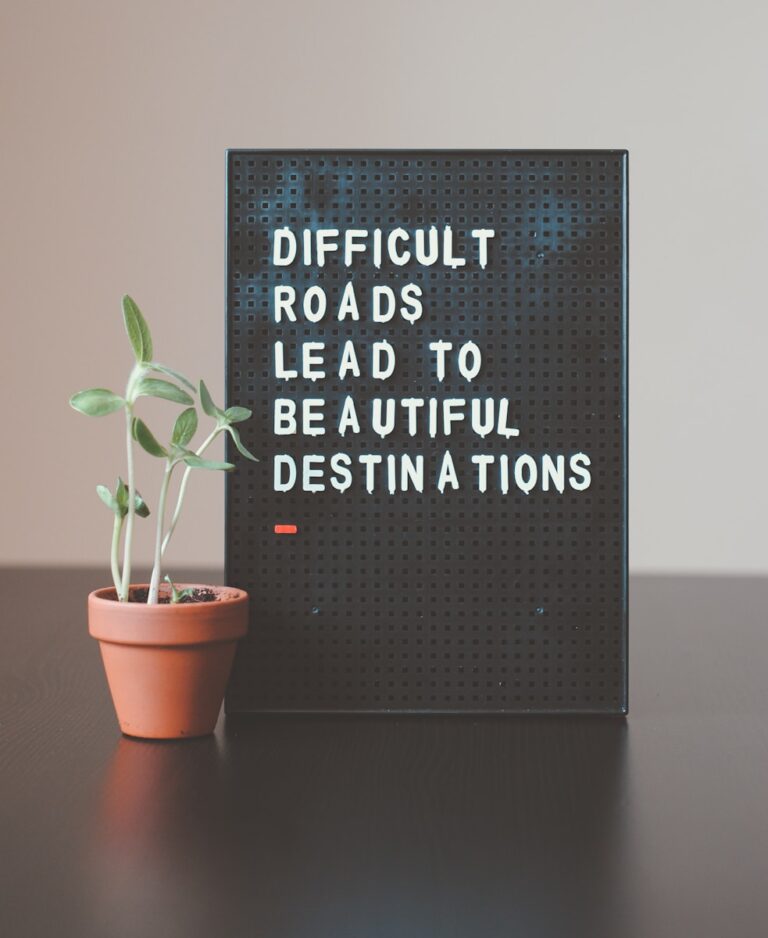


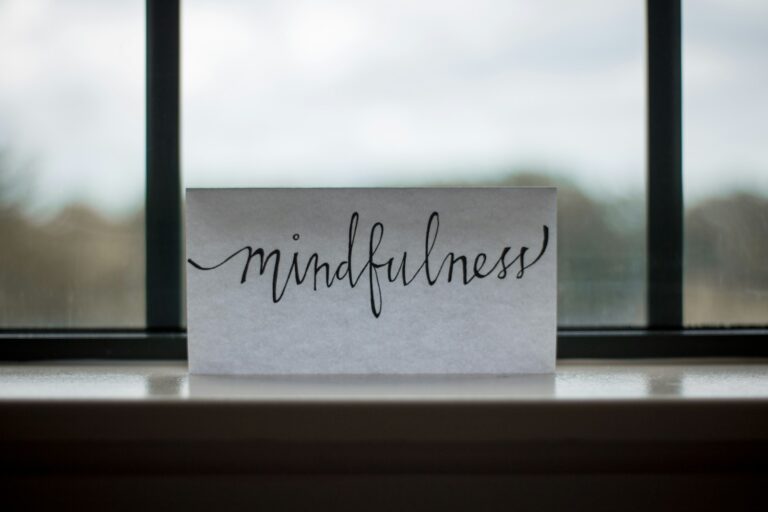

+ There are no comments
Add yours